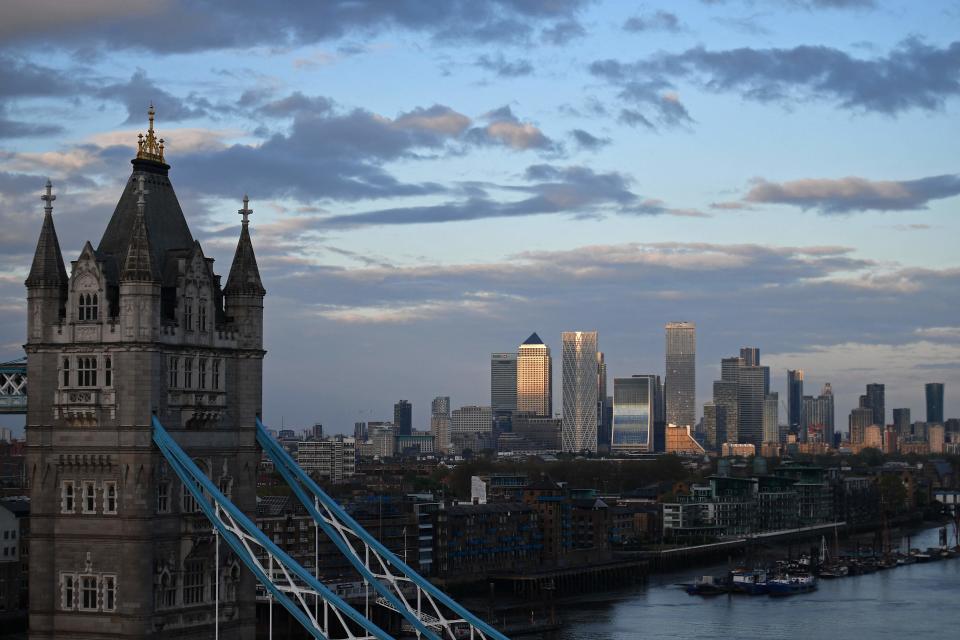UK could be ‘back to normal’ by end of the year if Covid vaccines continue to succeed

The UK could be back to normal by the end of this year if the vaccine rollout continues to succeed, the government’s chief pandemic modeller has said.
Professor Graham Medley, of the London School of Hygiene and Tropical Medicine, told BBC Radio 4: “If vaccines continue to work, and we don’t have some nasty variants, then potentially we could be completely back to normal by the end of the year.”
However if there were more variants or “if the vaccines wane, so the impact wanes and we aren’t able to get boosters, then we could have been in a very different position”.
Watch: Rules on face masks could change, says Hancock
It comes after Health Secretary Matt Hancock on Tuesday said the government would be giving people more freedom to make their own judgments about risk as the pandemic eased.
“We will be changing the rules to be far more about people taking personal responsibility, exercising common sense according to their circumstances,” he told Sky News.
“We will set out really clearly the risks. People understand the risks – we know that – and we’ll make that very, very plain and then people can exercise their own personal responsibility.”
Britain on Tuesday reported an additional 2,474 cases of Covid and 20 more deaths within 28 days of a positive test as the total number of people to have received the first dose of a vaccine reached 35,587,348, according to official data.
Watch: Do coronavirus vaccines affect fertility?
Read More
Germany and US locked in dispute over Covid vaccine patents
50 million and rising: UK reaches big milestone in vaccine rollout

 Yahoo Finance
Yahoo Finance 